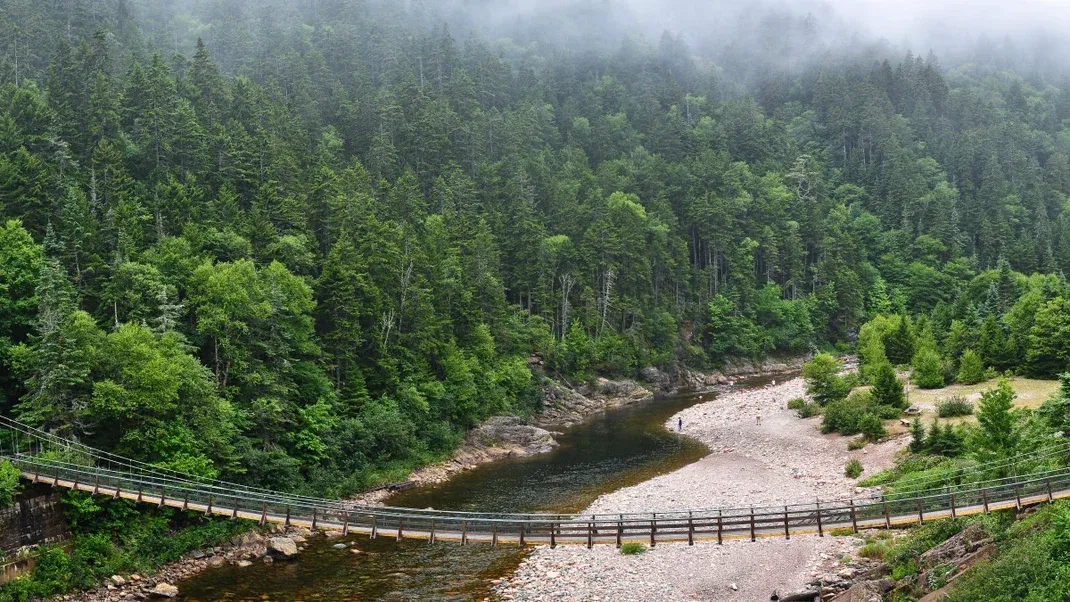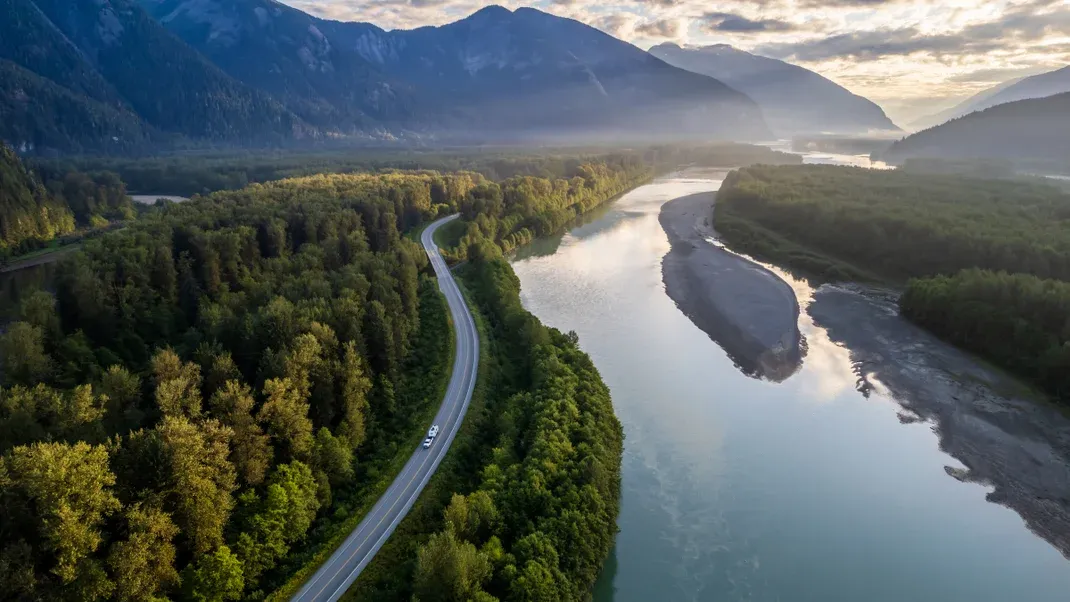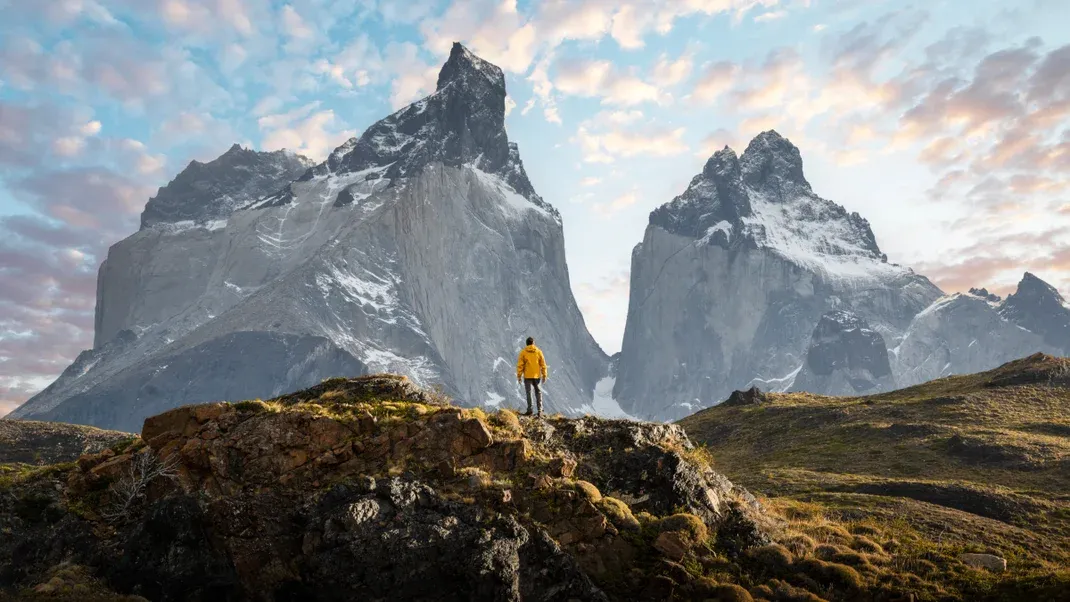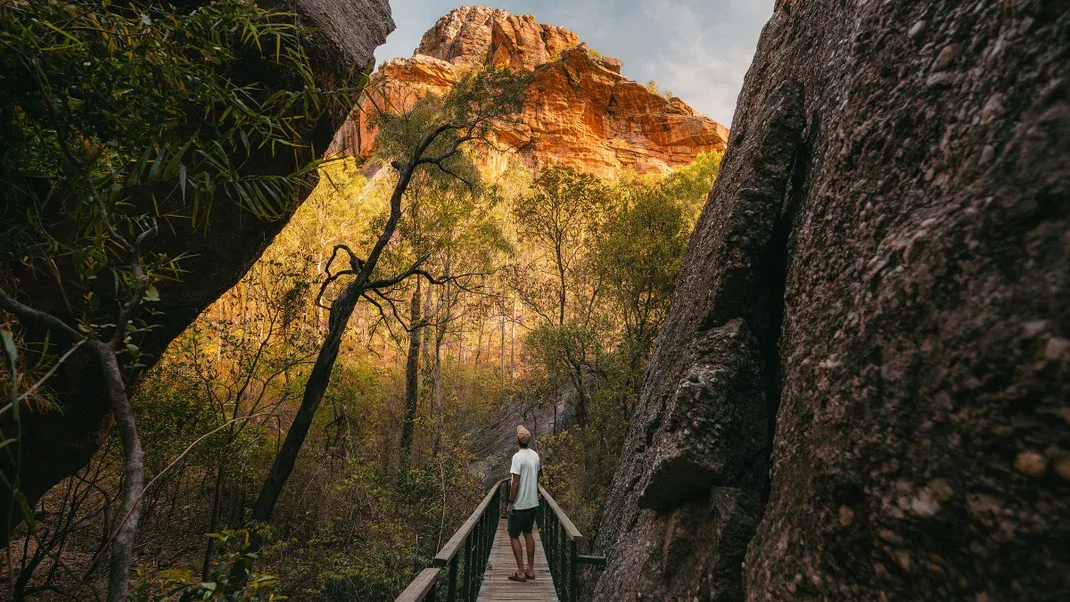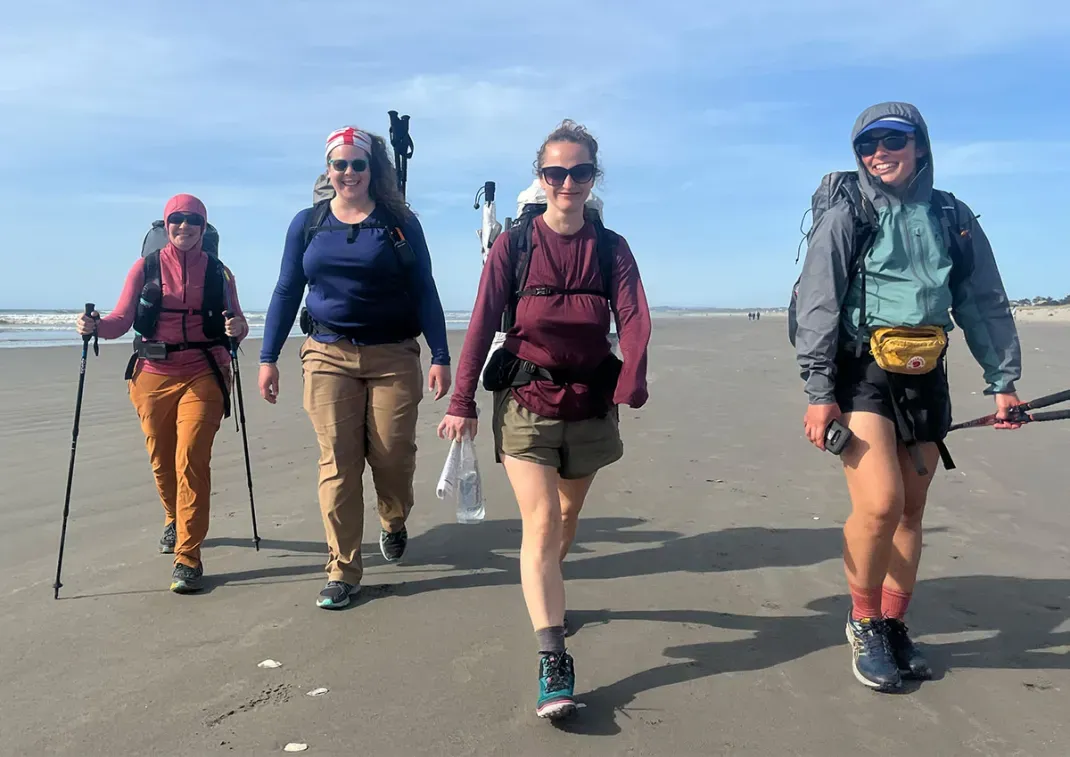Ask a Thru-Hiker: Can I Thru-Hike Without Camping?
"Ask a Thru-Hiker: Can I Thru-Hike Without Camping?" is a resource for those interested in long-distance hiking but are unsure about the camping aspect. The article provides insights and advice from experienced thru-hikers on whether it is possible to thru-hike without camping. It discusses alternative accommodations such as staying in hostels, motels, or other lodging options along the trail. The article also addresses the challenges and benefits of hiking without camping and offers practical tips for those considering this approach. Whether you're a novice or experienced hiker, "Ask a Thru-Hiker" offers valuable information for planning a thru-hike that suits your preferences and comfort level.
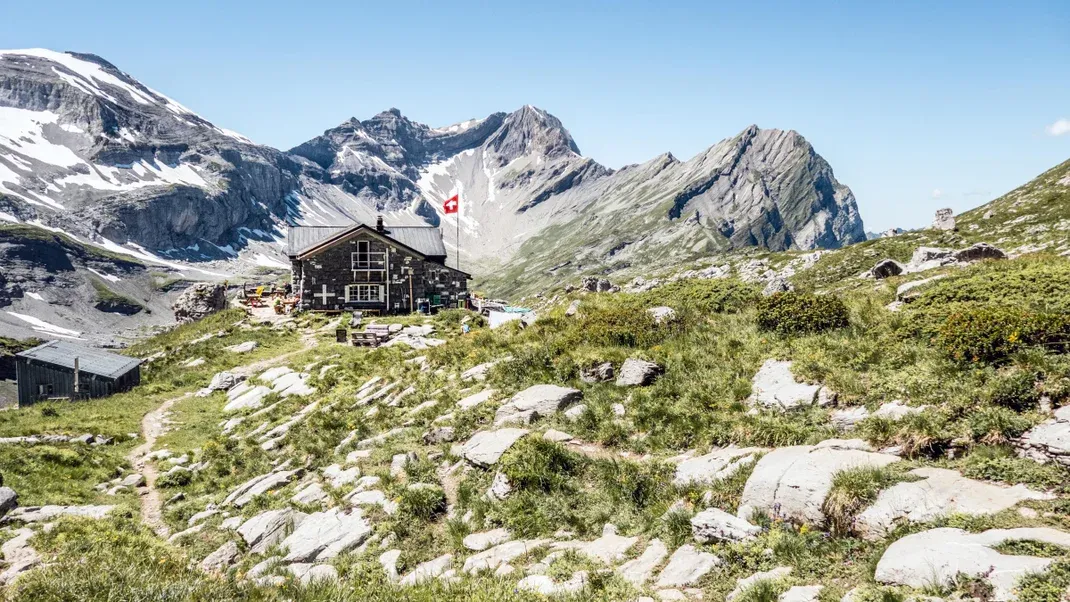
Ask a Thru-Hiker: Can I Thru-Hike Without Camping?
Thru-hiking is a challenging and rewarding adventure that many outdoor enthusiasts dream of undertaking. Whether it's the Pacific Crest Trail, the Appalachian Trail, or the Continental Divide Trail, thru-hiking offers a unique opportunity to immerse oneself in the beauty of nature, test physical and mental limits, and experience a sense of accomplishment unlike any other. However, for some, the idea of camping for an extended period of time can be daunting. So, the question arises: Can I thru-hike without camping?
The short answer is yes, it is possible to thru-hike without camping. However, there are several important factors to consider when making this decision. Thru-hiking without camping requires careful planning, a flexible mindset, and a willingness to adapt to different circumstances along the trail.
One of the key considerations when deciding to thru-hike without camping is the availability of alternative accommodations. Many long-distance trails pass through towns and communities where hikers can find hostels, motels, and other lodging options. Planning a route that includes these stops can provide opportunities for a good night's sleep in a bed and a break from the rigors of camping. This can be especially appealing for hikers who are new to backpacking or are uncomfortable with the idea of sleeping outdoors.
Another consideration is the physical and mental toll of hiking long distances without the rest and recovery that camping can provide. Thru-hiking is a demanding activity that requires endurance, strength, and resilience. Without the opportunity to rest and recharge in a campsite, hikers may need to take extra precautions to prevent injury and burnout. It's important to listen to your body, take breaks when needed, and prioritize self-care to ensure a successful thru-hike without camping.
Additionally, thru-hiking without camping may require a different approach to gear and supplies. While traditional camping gear such as a tent, sleeping bag, and cooking equipment may not be necessary, hikers will still need to carry essential items for hydration, nutrition, and safety. Lightweight, compact gear and clothing that can be easily packed and carried are essential for thru-hiking without camping. Hikers should also be prepared for changes in weather, terrain, and other unpredictable factors that may arise on the trail.
While there are certainly challenges and considerations to keep in mind, there are also potential benefits to thru-hiking without camping. For some hikers, the prospect of a thru-hike without camping may be more appealing and accessible, opening up new opportunities to experience long-distance trails and the natural beauty they offer. Additionally, the ability to access alternative accommodations can provide a greater sense of comfort and security for those who are hesitant about camping in the wilderness.
Ultimately, the decision to thru-hike without camping is a personal one that should be based on individual preferences, abilities, and goals. It's important for hikers to consider their own comfort level, experience, and resources when planning a thru-hike without camping. Seeking advice and guidance from experienced thru-hikers, outdoor experts, and trail organizations can also help hikers make informed decisions and prepare for a successful thru-hike.
For those who are considering a thru-hike without camping, it's important to approach the adventure with an open mind and a willingness to embrace new challenges and experiences. While camping may be a traditional and popular aspect of thru-hiking, there are many ways to approach this adventure and find fulfillment on the trail. Whether it's staying in hostels, motels, or other accommodations, thru-hiking without camping can still provide the opportunity for personal growth, connection with nature, and unforgettable memories.
In conclusion, thru-hiking without camping is a feasible and rewarding option for those who are interested in experiencing long-distance trails without the traditional camping experience. While it requires careful planning, flexibility, and a willingness to adapt, thru-hiking without camping can offer a unique and fulfilling adventure for outdoor enthusiasts. Whether it's for comfort, convenience, or personal preference, there are many reasons why hikers may choose to thru-hike without camping, and with the right preparation and mindset, it can be a successful and memorable experience.

